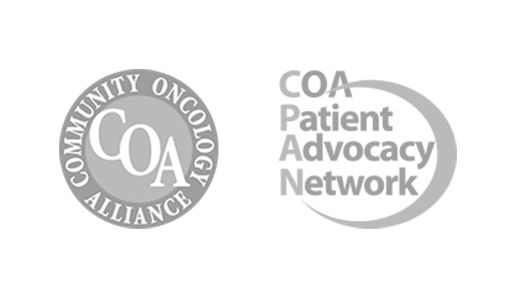
It’s also a very challenging scenario when it’s your parent who is faced with the diagnosis. It’s hard to know what to do, what to say, and how to support them to the best of your ability.
While we can offer tips and advice, it’s important to acknowledge that every situation and every person is different. A cancer diagnosis affects people in many different ways. Coping mechanisms and strategies that might work for some people might not be the best fit for you and your family.
It’s important to consider options so you can find what works for you and your mom or dad. Keep reading to find out 5 tips for cancer family care to help you along your journey.
1. Do Your Best
The most important thing you can do is to show up to the best of your abilities.
It’s easy enough to say, “accept it and deal with it”. Realistically, everybody doesn’t have that ability. Instead, remind yourself that you can only do your best.
Relieve the pressure to feel like you have to do everything and be everything to everyone.
This is a major time of change for you and your family in emotional, mental, and physical ways. You or your parent may initially experience grief or deep sorrow.
Allow the emotions to cycle as they come. Throughout the process, always strive to give your best, but don’t weigh yourself down with the worry of whether or not your best is sufficient.
It may be beneficial to join a family support group with your parent. This will give you a context and a space to learn about treatments and to share inspiration and hope.
2. Show Up
In other words, make your actions and words count.
You may not know how to show support and might find yourself offering blanket statements like, “let me know if I can do anything.”
It can be hard to know exactly how to be of service to your parent. The best thing to do is to ask them how you can give them support.
If they seem like they don’t need anything, you can give specific offers, such as rides to and from appointments, making or buying dinner, or doing their laundry.
Depending on the situation, you may also need to show up in terms of doctor’s appointments. It’s often helpful to have another person to listen, take notes, and to catch things that your parent might miss.
You may even have important questions that your parent didn’t think of. By being there (if they’re comfortable with that) you can help your parent get a clear understanding of the situation and what treatment looks like.
With this, you can also serve as the communicator to your family so that your parent doesn’t have to repeat themselves over and over again.
3. Communicate Conscientiously
Oftentimes we don’t know what to say in situations like this. We might say things like “you don’t deserve this” or offer advice.
Rather than saying the first thing we think of in response to our parents, we should consider advice from other people who have gone through having cancer.
In general, you can always say that you don’t know what to say and simply express love and support.
You can offer to listen and your responses can just be acknowledgments that you’re listening and holding space.
To improve your communication skills, you can reflect on the 4 principles of communication. Understanding how words are exchanged and how meaning often comes from nonverbal communication helps you become a more active listener for your parent.
Then, you can ask your parent what their needs are and how you can be of service rather than simply guessing.
Heartfelt communication like this is more likely to positively impact your parent compared to blanket statements or not offering to listen at all.
4. Don’t Forget About the “Family” in Cancer Family Care
It’s easy to get swept up in appointments, treatments, and medical details. That may cause most of the conversations and focus to be around cancer and not your parent.
It may be helpful to make sure you spend quality time together without only focusing on medical aspects.
You may have to generate these types of conversations by asking about details of their life you never knew about, updates from other people in the family, and so on.
This will help lighten things up and connect you even more.
5. Take Care of Yourself
One of the best ways you can help your parent is to help yourself.
This may seem counter-intuitive, but think about it. If you aren’t taking care of your own body and mind, how can you offer someone else care to the best of your ability?
Take time to rejuvenate yourself. Eat healthy foods, spend a little time doing something you enjoy, and connect with your own support group of friends.
It’s the same idea of having a “rest day” when you are on a workout regimen. If you don’t have an allocated time to rest and take care of yourself, you can’t continue at the same pace or perform as well.
The same goes for offering care to your parents. It may feel like you need to be 100% invested in what’s going on with them all the time. Give yourself a break by scheduling in self-care to exercise, see your own doctors, and relax — even if it’s just for 30 minutes.
It also may give them hope and inspiration to see you doing well in your life through this difficult time.
Be the Support and Find the Support
To bring the point home, the best way to give cancer family care is to ask what’s needed.
If you don’t get a direct response, then you can at least be a strong communicator and show up for your parent when it’s important.
While supporting your parent, you may need support, too.
Contact us if you have any questions or concerns about going through this process with your parent.






